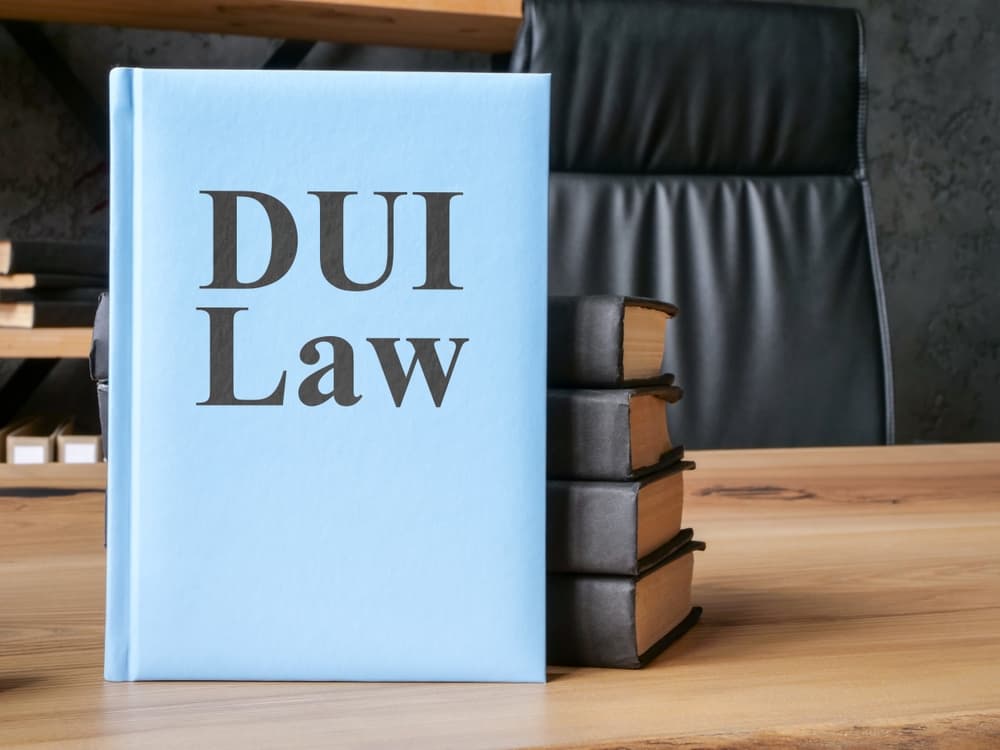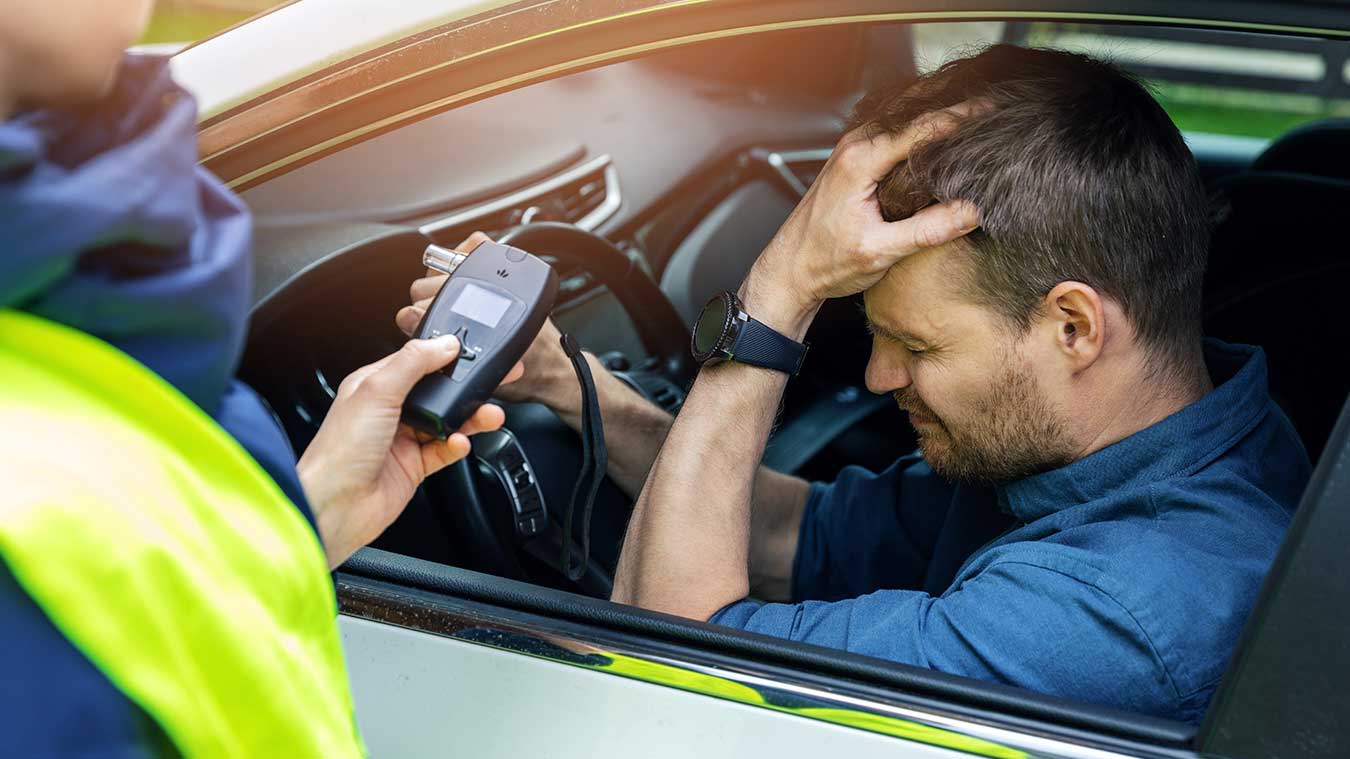If you’ve ever found yourself asking how to make smart choices when alcohol is involved, you’re not alone. And if you’re specifically wondering how to avoid DUI in Texas, you’re definitely asking the right question. Texas has some of the strictest laws in the country when it comes to driving under the influence. A single mistake can cost you thousands of dollars, your driver’s license, your job—and in some cases, your freedom. Understanding the risks upfront is the first step toward making safer, smarter decisions when you’re out drinking. And the truth is, a little planning goes a long way in keeping you—and others—safe on the road.
In this article, we’re diving deep into Avoiding DUI in Texas: Proven Strategies for Safety. We’ll explore not just what the law says, but what it means in real life. Through practical tips, real stories, and a no-nonsense tone, you’ll learn how to stay safe, protect your rights, and prevent a night out from turning into a legal nightmare. Because when it comes to DUIs, what you don’t know can absolutely hurt you. Our goal is to arm you with insight so you can take control of your night before it takes control of your life.

The Reality of DUI in Texas
More Than Just a Ticket
Texas takes DUIs seriously. And if you think you can talk your way out of it at the side of the road, think again. A DUI charge in Texas is technically called DWI—Driving While Intoxicated—and it applies not just to alcohol, but also drugs, even prescription medication if it impairs your ability to drive. Officers are trained to detect even minor signs of impairment, and they rarely hesitate to make an arrest. Add in the use of roadside sobriety tests and breathalyzers, and you’ll see that it doesn’t take much for a traffic stop to become a criminal case.
Here’s what’s at stake:
- Up to 180 days in jail for a first offense
- Fines up to $2,000
- License suspension for up to a year
- Thousands in annual surcharges
- Ignition interlock device installation
- Permanent criminal record
That’s why avoiding DUI in Texas is not just about avoiding inconvenience—it’s about protecting your future. Once you’re convicted, the effects ripple out into every area of your life—sometimes for years. And for many, the regret doesn’t come from the arrest itself—but from not taking steps to prevent it in the first place.
Real-Life Example: One Ride Too Many
Let’s take a look at Brandon. He was a 27-year-old bartender in Austin, off-duty and out with friends one Sunday night. He felt fine—he’d only had two strong drinks over the span of three hours. But as he drove home, he was pulled over for a broken taillight. The officer smelled alcohol and asked Brandon to step out of the vehicle.
Brandon agreed to afield sobriety test and breathalyzer. His BAC came back at 0.09—just barely over the legal limit. He spent the night in jail and lost his license for 180 days.
Brandon’s story is common. And it’s the reason learning how to avoid DUI in Texas is more than just a good idea—it’s essential.
Strategy #1: Don’t Rely on “Feeling Fine”
Trust Science, Not Subjective Confidence
The biggest mistake people make before getting behind the wheel is thinking, “I feel okay.” Alcohol affects everyone differently, and the legal BAC limit in Texas is 0.08%—a number that can sneak up on you faster than expected.
Consider this:
- Two drinks in one hour may put a woman over the limit
- Three drinks in two hours could do the same for a 180-lb man
- Food, hydration, and tolerance levels vary, affecting absorption
Using personal judgment isn’t enough. That’s why avoiding DUI in Texas starts with removing guesswork altogether.
Strategy #2: Use a Personal Breathalyzer
A Small Device That Makes a Big Difference
Want a tool that could save your license, money, and freedom? Personal breathalyzers are small, affordable, and increasingly accurate.
You can buy one for under $100 and keep it in your glove box. Before driving, test yourself. If you’re even close to the limit, don’t drive. Many versions sync with your smartphone and provide real-time data you can trust.
Technology isn’t always perfect, but it’s better than gambling with a cop’s decision at 1 a.m.
Avoiding DUI in Texas often means taking responsibility before you’re pulled over.

Strategy #3: Designate a Sober Driver—Before You Go Out
Planning Ahead Beats Damage Control
We’ve all heard it: “Let’s figure it out later.” But when later comes and everyone’s had a drink, that plan tends to fall apart.
Designating a sober driver before alcohol is involved ensures someone remains fully responsible. That person should agree not to drink at all, not just “cut back.”
This is especially critical in Texas cities with limited late-night public transportation. A little preparation goes a long way when it comes to avoiding DUI in Texas.
Strategy #4: Rideshare Is Cheaper Than a Conviction
Uber and Lyft Are Lifesavers—Literally
Let’s break it down financially:
- Uber/Lyft: $15–$50
- DWI arrest: $10,000+ (fines, attorney fees, insurance hikes, court costs)
When you’re buzzed and weighing whether to pay for a rideshare, remember this: it’s not just about the ride—it’s about your record, your reputation, and possibly someone’s life.
Apps like Uber and Lyft also let you schedule rides in advance. Set it up before you go out and you won’t even have to think about it later.
This is one of the easiest, most effective tools for avoiding DUI in Texas.
Strategy #5: Know Your Medications
Legal Drugs Can Still Get You a DWI
Most people associate DUIs with alcohol, but prescription and over-the-counter drugs can impair you too. If you’re pulled over and found to be driving poorly—even without alcohol—officers can still arrest you for DWI if you’re under the influence of any substance.
Common culprits include:
- Sleep aids
- Anxiety medication (like Xanax)
- Painkillers
- Antihistamines (yes, really)
Before driving, check the label and talk to your doctor. If the bottle says “Do not operate machinery,” take it seriously.
Educating yourself about medication effects is a less obvious but crucial part of avoiding DUI in Texas.
Strategy #6: Know Your Rights During a Traffic Stop
What You Say—and Do—Matters
Even if you’re pulled over, how you handle the situation could affect whether you’re arrested—or not.
Here are your rights:
- You can remain silent (except when asked for ID, registration, insurance)
- You can politely decline field sobriety tests (they are not mandatory in Texas)
- You can refuse a breathalyzer, but it comes with automatic license suspension
- You have the right to request an attorney before answering additional questions

Being respectful but informed can de-escalate the situation and potentially avoid arrest.
A good defense starts before you ever enter a courtroom. Knowing this is a core part of avoiding DUI in Texas.
Strategy #7: Host Safer Gatherings
Be the Friend Who Plans Ahead
If you’re hosting a party or get-together, you can do your part to reduce drunk driving in your circle.
Tips include:
- Collecting car keys at the door
- Providing non-alcoholic beverages
- Offering sleeping arrangements
- Organizing carpools or rideshares
- Encouraging guests to test their BAC before leaving
Creating a safe environment doesn’t just protect your guests—it reduces your own liability if something goes wrong.
Helping others in your circle also plays a powerful role in avoiding DUI in Texas as a community.
Strategy #8: Understand Texas DWI Law Penalties
Fear Isn’t Enough—But It Helps
Sometimes, knowing the real consequences is what finally convinces someone not to drive drunk.
Here’s what Texas DWI penalties look like:
- First offense: Up to 180 days in jail, $2,000 fine, license suspension
- Second offense: Up to 1 year in jail, $4,000 fine, longer suspension
- Third offense: Felony charge, up to 10 years in prison, $10,000 fine
- Additional consequences: Community service, DWI education, ignition interlock

And if someone is injured or killed? The charge could escalate to intoxication assault or manslaughter—both felonies with serious prison time.
If you’re serious about avoiding DUI in Texas, start by understanding what’s actually at stake.
Real-Life Example: Rachel’s Repeat Mistake
Rachel, a 33-year-old dental hygienist in Dallas, had one DWI at 24. She vowed never again. But years later, after a night out celebrating a promotion, she decided she was “fine” to drive.
She was pulled over after drifting out of her lane. Her BAC was 0.11.
Because it was her second offense, Rachel spent a week in jail, lost her job, and had to install an ignition interlock device in her car for two years.
Rachel’s story is a cautionary tale about underestimating your impairment and overestimating your luck. It’s a perfect example of why avoiding DUI in Texas is always the smarter route.
Final Thoughts: Avoiding DUI in Texas Starts Before You Hit the Road
Avoiding a DUI charge in Texas isn’t just about dodging police—it’s about planning, discipline, and making smarter choices before you ever grab your keys.
By understanding the law, respecting your limits, and using the tools available—rideshare apps, personal breathalyzers, designated drivers—you can avoid costly, life-altering mistakes.
If you’ve made the mistake before, learn from it. If you haven’t, don’t test your luck.
Because when it comes to avoiding DUI in Texas, prevention is always better than defense.

